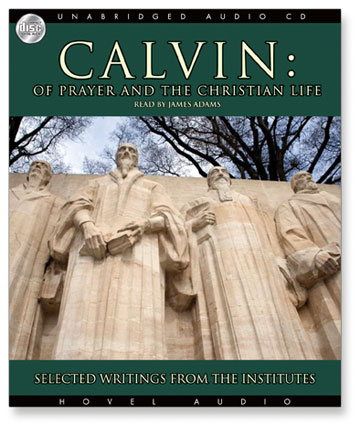
Doug Wilson has finished writing a satire related modern day Church culture and their pastors. I encourage you to visit the book’s web site. All of the material is available by chapter in blog format for free. So you can read the whole thing online if you want. Here is the link to the first chapter of the book. Here is some information about the book:
John Mitchell is the pastor of a small, modestly successful Reformed Baptist church in a city in the Midwest. Chad Lester is one of the most successful pastors in North America, and he is the leading light at Camel Creek Community Church in the same city. He is, speaking in theological terms, a dirt bag. And yet, his quasi-secret sexual misbehavior leads only to church growth success followed by publishing success, followed in turn by ever more church growth. John Mitchell hates everything that Lester stands for and yet, unbeknownst to him, envy of Lester’s success has him secretly by the throat. He thinks of it as indignation, or righteous concern, or something, but the real issue is that he is peeved that Lester appears to be blessed by God for being a creep, and he, Mitchell, struggles in obscurity for being faithful. But of course, Mitchell is faithful, and Lester is a creep, and the reader is not surprised that Mitchell can’t see it. None of us would if we were in his place.
When Lester is falsely accused of the one rotten thing he didn’t do, and his ministry starts to implode, John Mitchell is dragged into it much against his will, All this said, Evangellyfish is not really a dark comedy, but rather a medium brown comedy. In some sense, it is a satire on a world that defies satire.





